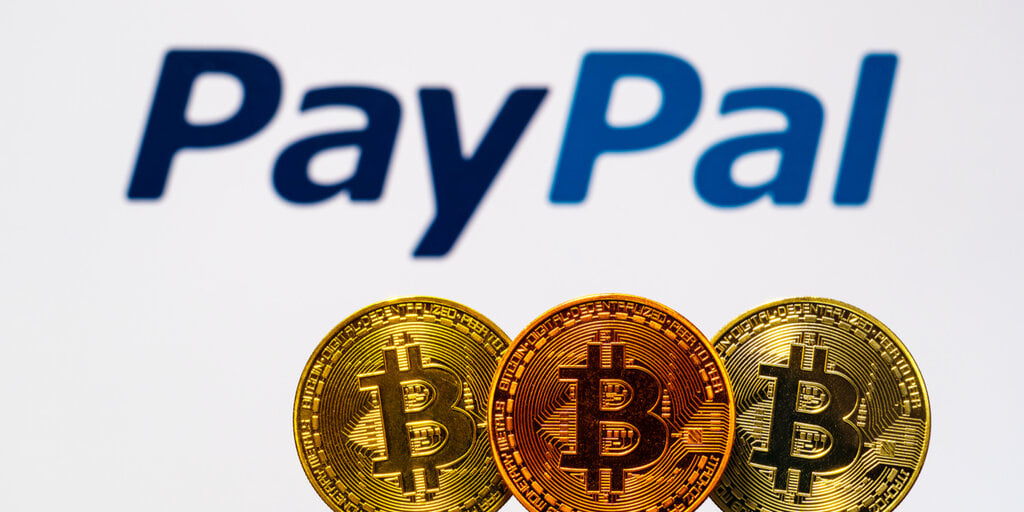PayPal’s Proposal to Enhance Clean Energy Transition in Bitcoin Mining
PayPal’s Blockchain Research Group, in collaboration with Energy Web and DMG Blockchain Solutions, has put forth a groundbreaking solution to expedite the shift towards clean energy in Bitcoin mining. The joint effort has led to the formulation of the “Green Mining Initiative,” a strategic framework aimed at incentivizing miners to adopt low-carbon energy sources through cryptoeconomic mechanisms.
The Green Mining Initiative
The crux of PayPal’s proposal lies in the identification and promotion of “green miners” within the Bitcoin network. By leveraging a validation platform like Energy Web’s “Green Proofs for Bitcoin,” miners can showcase their commitment to sustainability by sharing their public keys with a multisig payout address.
To encourage the prioritization of transactions towards these environmentally conscious miners, PayPal suggests broadcasting on-chain transactions with minimal fees. Furthermore, an additional UTXO is appended to these transactions, with a portion of Bitcoin locked in the multisig payout address for rewarding green miners.
Green miners, upon recognizing and including the “green transaction” in a block, can subsequently execute a “redeem transaction” to claim the supplementary BTC reward earmarked in the multisig payout address. According to the proponents at PayPal, only the green miner successful in including both the green and redeem transactions while mining the subsequent block will be entitled to the additional Bitcoin reward.
The core idea behind this initiative is to leverage financial incentives to direct transactions towards green miners, ultimately augmenting the likelihood of these miners being selected for on-chain transactions.
Bitcoin and its Environmental Implications
The environmental ramifications of Bitcoin mining have garnered considerable attention in recent times. Advocacy groups like Greenpeace have raised concerns regarding the cryptocurrency’s proof-of-work consensus mechanism, which necessitates significant energy consumption, often sourced from non-renewable fossil fuels.
This prompted environmental activists to launch campaigns advocating for a transition from Bitcoin’s proof-of-work model to a less energy-intensive proof-of-stake protocol, as evidenced in other cryptocurrencies such as Ethereum.
Proponents of Bitcoin, on the other hand, argue that mining activities could serve as a catalyst for the adoption of renewable energy sources and contribute to the stabilization of energy grids by optimizing operations during off-peak periods.
Research conducted by Cornell University in 2023 highlighted the potential of BTC mining to accelerate the integration of renewables by utilizing excess energy for mining purposes before it is officially channeled into the grid.
Debates surrounding the actual energy consumption of the Bitcoin network only add further complexity to the issue, with varying studies employing diverse methodologies to estimate consumption levels. For instance, in a significant update in September 2023, the Cambridge Centre for Alternative Finance revised its Bitcoin Energy Consumption Index, concluding that previous estimations of the network’s energy usage were inflated.
Image/Photo credit: source url





